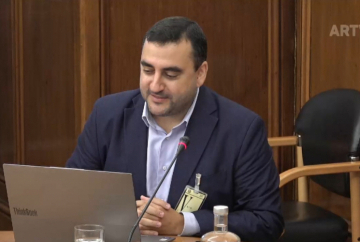Health ministers want to provide better value for money, but that could mean restricting the availability of some drugs.
The idea that public health services should fund only the most effective drugs and procedures seems uncontroversial. Most people would agree that life-saving cancer drugs should be ‘in’ the public package, while tattooremoval and trivial cosmetic surgery should not.
But between those two extremes is a fuzzy grey area. Should a drug to treat Alzheimer's disease be prescribed only for people in advanced stages of the affliction? What about a drug that reduces the chance of cancerous tumours returning, but might increase the risk of heart disease?
These are the difficult choices that all healthcare providers have to grapple with. As a result, Europe is putting increasing emphasis on health technology assessment (HTA), the process of evaluating the medical, social, economic and ethical dimensions of new drugs, medical devices and surgical procedures.
Last December, European Union finance ministers pledged to use HTA more systematically as part of a wider effortto improve value for money of their health systems.
HTAs are not a new idea. The first HTA agency was set up in Sweden in the early 1990s, although some E U countries, especially in central and eastern Europe, have little tradition of using them.
Doc Link
- Concursos de Medicina Geral e Familiar e de Saúde Pública15 novembro 2024O Sindicato Independente dos Médicos (SIM) defendeu junto do Ministério da Saúde a necessidade...

- Suplemento de Autoridade de Saúde: um passo positivo, rumo ao reconhecimento31 outubro 2024No âmbito das obrigações legais, o Sindicato Independente dos Médicos (SIM) foi formalmente...

- SIM em audição na Assembleia da República04 outubro 2024O Secretário-Geral do Sindicato Independente dos Médicos foi hoje ouvido em audição, na...




